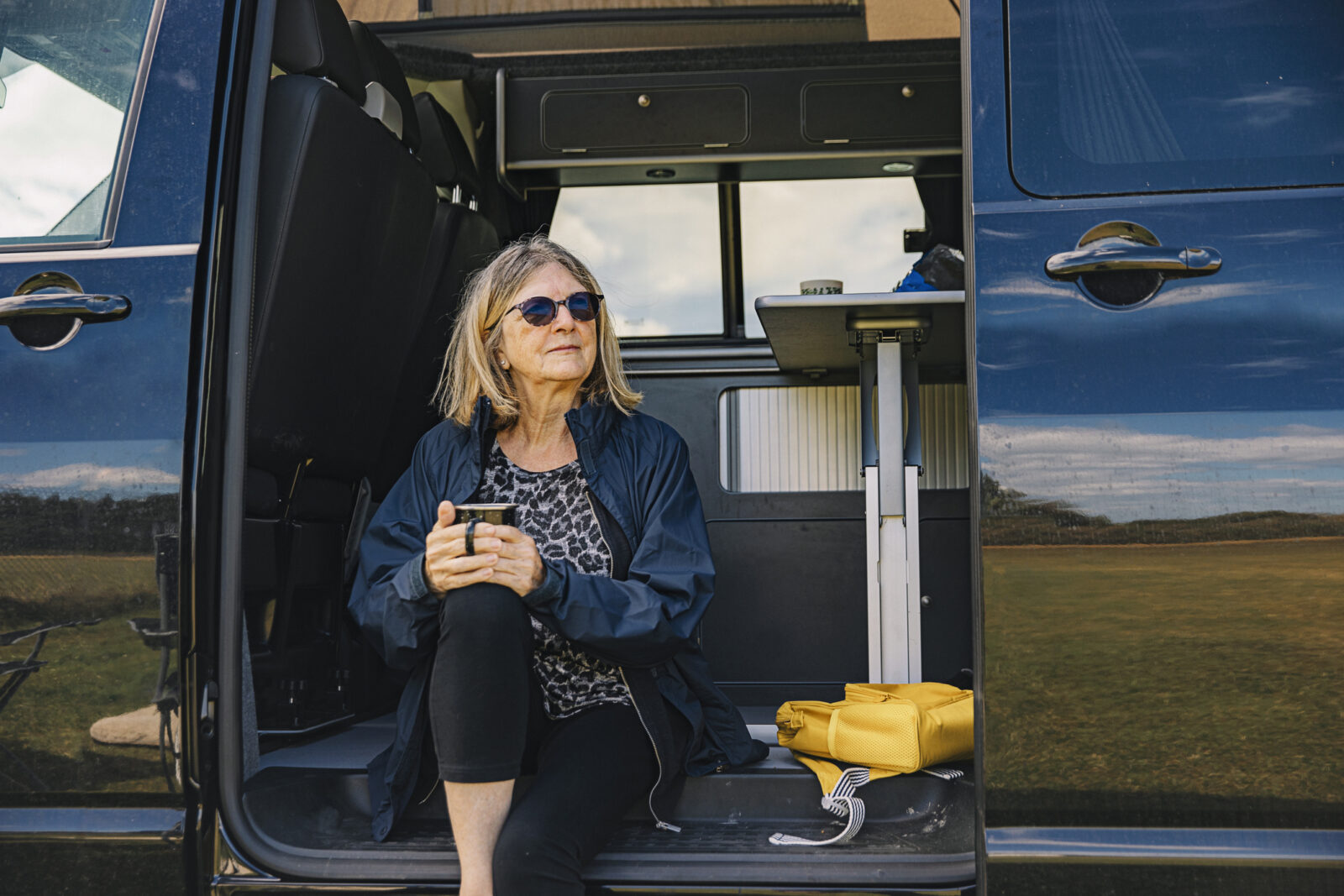
Heading off on the open road for a caravanning holiday is a rite of passage for many over-60s. But unlike other holidays where you are travelling by plane and only have to worry about which clothes to pack, caravanning takes a little more organisation to plan.
There’s a lot to pack into a small space – pots, pans, cleaning products and food, just to name a few — and the last thing you want is to feel claustrophobic in your home on wheels. Before you head off on your next adventure Starts at 60 spoke to Heather Gibson, the director of lifestyle management company Finer Details, to get her expert advice for efficient caravan packing.
According to Heather, one of the most common mistakes made by those new to life on the road is the tendency to overpack. Caravans have certain weight requirements that need to be met in order to ensure that both your car and caravan are stable.
There’s nothing wrong with wanting to be well-prepared, but overpacking can cause your caravan to wobble on the road and potentially become a road hazard.
When packing your caravan Heather says heavy items should go in your car or on the floor in the middle of the caravan over the axle.
The rule of thumb when it comes to packing a caravan properly is to have heavy stuff at the bottom and light stuff stored at the top.

Storing items properly in your van is paramount to decreasing damage and mess. Here are a few handy hacks to make the most out of your new living space.
Making sure your food is stored correctly can save waste, so it is worth thinking about the best ways to store your food while you travel.